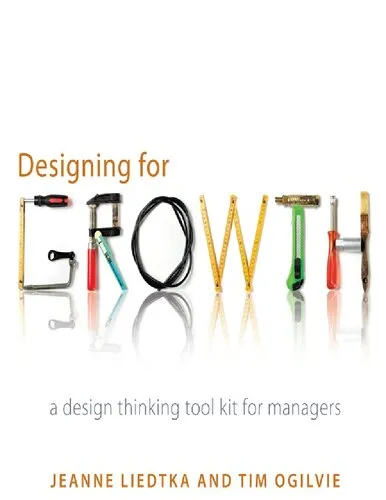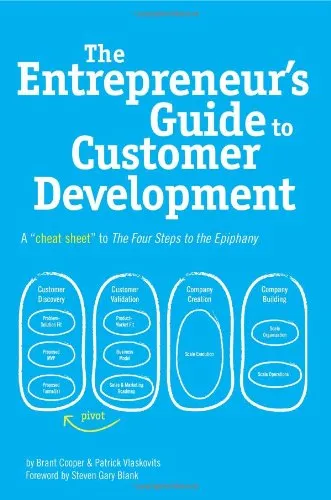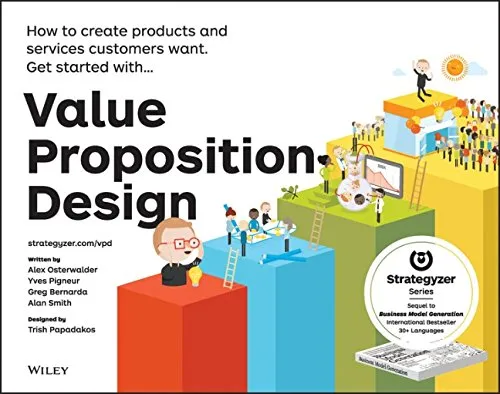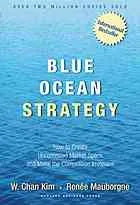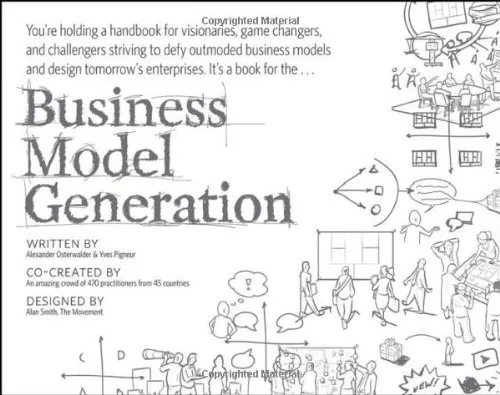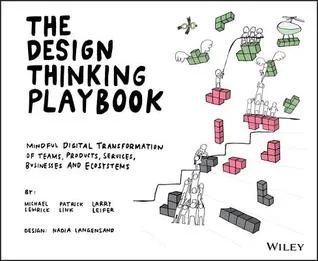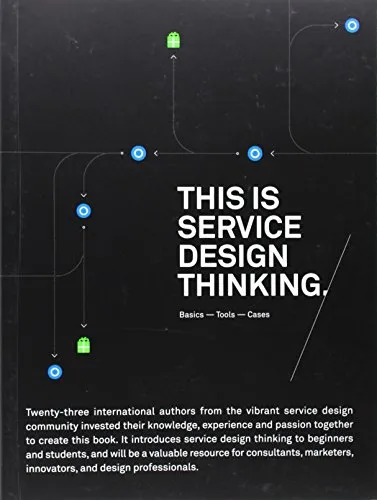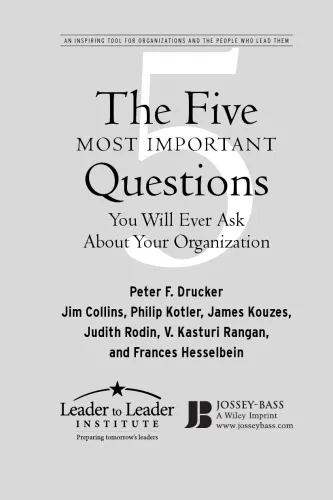Ogilvie Tim Liedtka Jeanne Designing for growth a Design Thinking Toolkit for Managers Columbia University Press 2011
4.5
Reviews from our users

You Can Ask your questions from this book's AI after Login
Each download or ask from book AI costs 2 points. To earn more free points, please visit the Points Guide Page and complete some valuable actions.Related Refrences:
Welcome to an insightful exploration into the world of design thinking with "Designing for Growth: A Design Thinking Toolkit for Managers" by Tim Ogilvie and Jeanne Liedtka. This book stands as a beacon for managers and business leaders who aspire to foster innovation and sustain growth by embracing a design-centric approach. Published by Columbia University Press in 2011, it delivers a comprehensive guide to implementing design thinking strategies in business settings, making it essential reading for any forward-thinking manager.
Detailed Summary
The book "Designing for Growth" is meticulously structured to guide managers through the process of design thinking with a clear and actionable framework. Tim Ogilvie and Jeanne Liedtka break down the complex journey into four key questions: What is? What if? What wows? What works? Each question serves as a phase in the design thinking process, guiding managers to thoroughly understand their business landscape, explore creative solutions, refine ideas into viable options, and finally test for real-world applicability.
Starting with "What is?", the authors delve into understanding the current reality by observing and interpreting phenomena within the business environment. This phase focuses on empathizing with customers and identifying unmet needs. Transitioning into "What if?", the book encourages divergent thinking, pushing boundaries to imagine a range of possibilities that could address those needs.
In the "What wows?" phase, Ogilvie and Liedtka emphasize the importance of evaluating ideas to determine which ones resonate most powerfully with customers while aligning with business objectives. The final phase, "What works?", is all about experimentation and iteration. Here, managers are guided through prototyping and testing to refine their ideas, ensuring feasibility and effectiveness before full-scale implementation. Through this structured approach, the book equips managers with the necessary tools to cultivate innovative mindsets and drive substantial business growth.
Key Takeaways
- Design thinking is a powerful methodology that cultivates innovation by blending creativity with analytical processes.
- The four-phase structure—What is? What if? What wows? What works?—provides a practical framework for solving complex business problems.
- Empathy and customer-centric approaches are crucial for identifying opportunities and formulating effective solutions.
- Prototyping and testing are essential to validate ideas and ensure they are both desirable and feasible in the real world.
Famous Quotes from the Book
"Design thinking is not limited to any one profession or discipline—design thinking is about the constantly evolving logical and imaginative processes that consider the 'practical' as inherently subjective."
"Empathy is the foundation of effective design. By understanding the world from a customer’s perspective, you unlock insights that can drive innovation."
Why This Book Matters
In today's rapidly changing business environment, the ability to innovate continuously is a critical competitive advantage. "Designing for Growth" matters because it offers a blueprint for embedding creative solutions into the core strategy of an organization. Ogilvie and Liedtka eloquently argue that design thinking is not just a tool for designers but is crucial for managers who seek to foster a culture of innovation and customer-centered growth. By presenting a structured yet flexible approach, the book empowers business leaders to navigate uncertainty and seize new opportunities effectively. Its impact is not only seen in the success of businesses but also in the way it transforms managerial mindsets towards embracing a more entrepreneurial and empathetic approach to problem-solving.
Free Direct Download
You Can Download this book after Login
Accessing books through legal platforms and public libraries not only supports the rights of authors and publishers but also contributes to the sustainability of reading culture. Before downloading, please take a moment to consider these options.
Find this book on other platforms:
WorldCat helps you find books in libraries worldwide.
See ratings, reviews, and discussions on Goodreads.
Find and buy rare or used books on AbeBooks.
1395
بازدید4.5
امتیاز0
نظر98%
رضایتReviews:
4.5
Based on 0 users review
Questions & Answers
Ask questions about this book or help others by answering
No questions yet. Be the first to ask!
